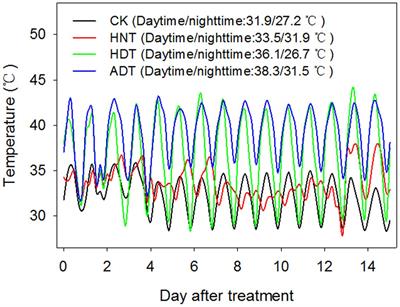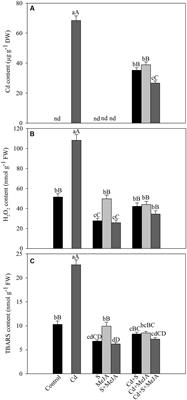EDITORIAL
Published on 31 Oct 2017
Editorial: Phytohormones and the Regulation of Stress Tolerance in Plants: Current Status and Future Directions
doi 10.3389/fpls.2017.01871
- 3,882 views
- 19 citations
69k
Total downloads
303k
Total views and downloads
You will be redirected to our submission process.
EDITORIAL
Published on 31 Oct 2017
ORIGINAL RESEARCH
Published on 05 Jul 2017

ORIGINAL RESEARCH
Published on 23 Mar 2017

ORIGINAL RESEARCH
Published on 17 Mar 2017

REVIEW
Published on 21 Feb 2017

MINI REVIEW
Published on 20 Feb 2017

MINI REVIEW
Published on 10 Jan 2017

ORIGINAL RESEARCH
Published on 10 Jan 2017

ORIGINAL RESEARCH
Published on 09 Jan 2017

ORIGINAL RESEARCH
Published on 26 Dec 2016

ORIGINAL RESEARCH
Published on 22 Dec 2016

REVIEW
Published on 16 Dec 2016


Frontiers in Physiology
Plant PhysiologyOffline